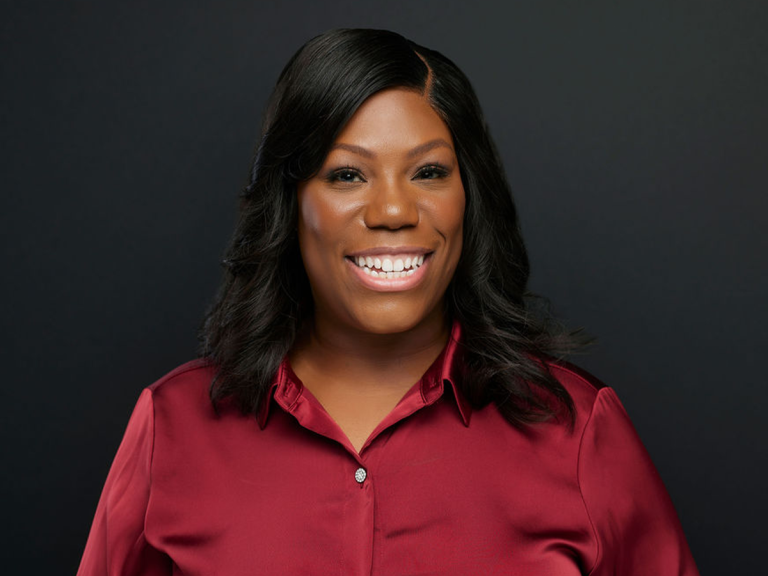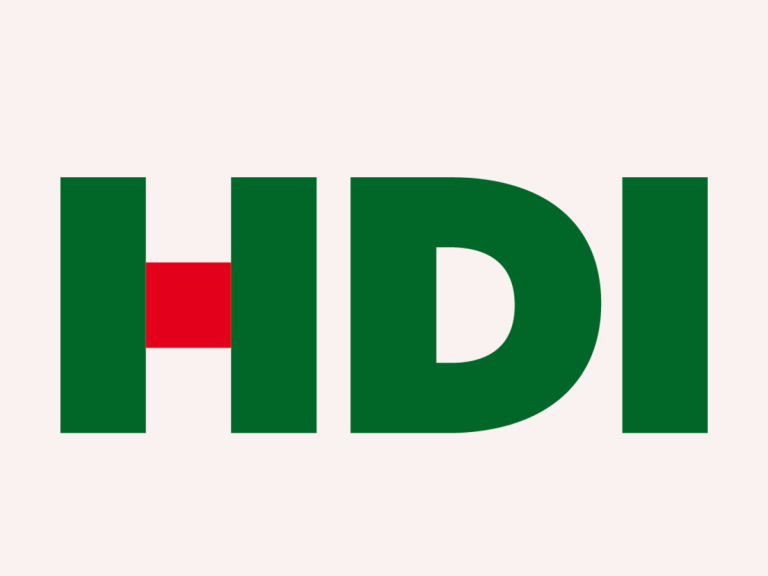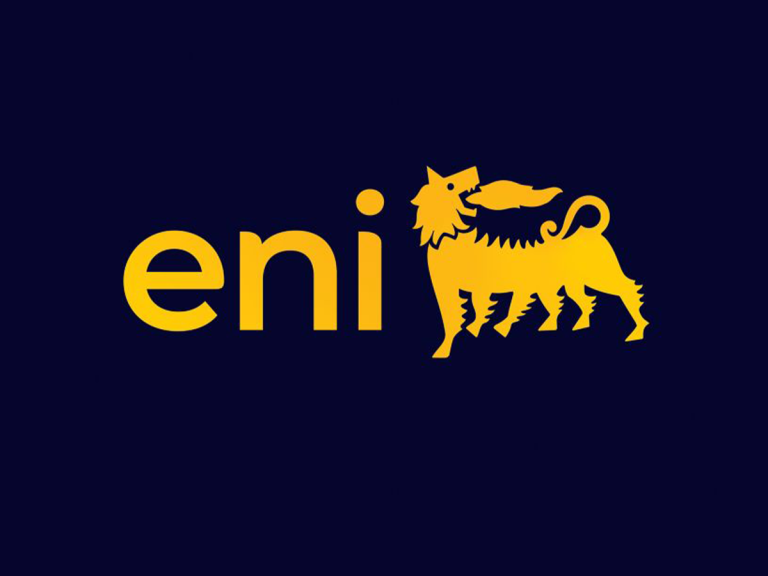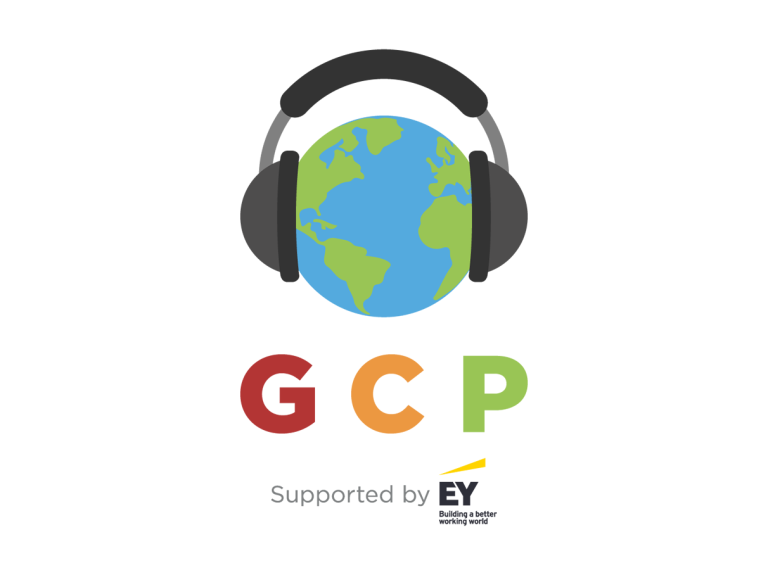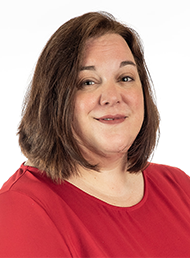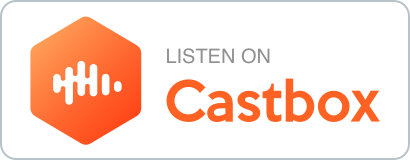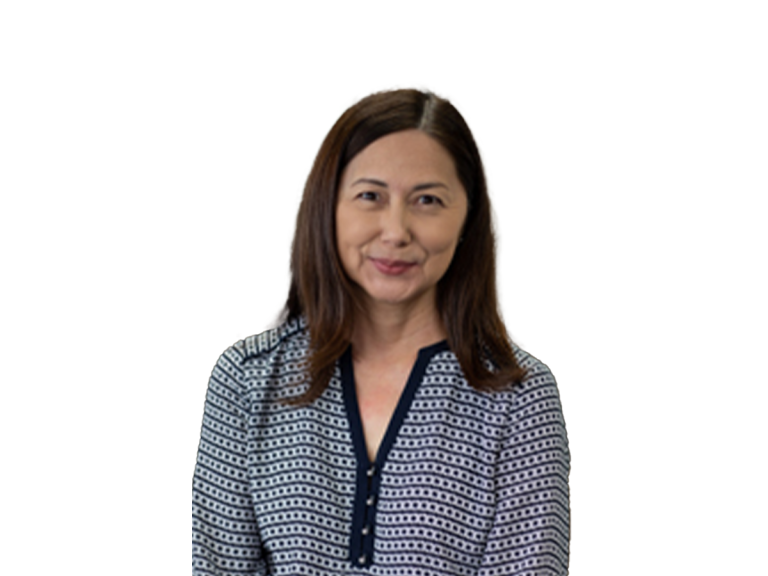MIJS Captive Management has partnered with commercial property and casualty (P&C) underwriters, I–RE, to enable MIJS’s “high performing” mid-market clients to take on some of their own risk in a standalone captive.
Captive manager, MIJS is owned by legal services provider, Moore Ingram Johnson and Steele, and was established in 2008 to provide businesses with an alternative to the traditional captive management model.
“We are excited to work with I–RE, whose proven track record in the P&C insurance sector aligns perfectly with our commitment to delivering exceptional service,” said Matthew Howard, partner at MIJS Captive Management.
“This partnership will help us to broaden our reach, further enhancing our distinguished captive management services and providing our clients with unmatched access to A-rated commercial P&C insurance solutions.”
I-RE said that through its RE–PAID product, companies have the opportunity to take a share of their own commercial P&C risk and can potentially earn millions in profit.
“There are some extraordinary companies operating today who are working hard to manage their risks and do the right thing when it comes to securing the future of their businesses,” said Andy Jeckells, co-founder and Co-CEO of I–RE.
“These business owners feel it’s unfair that they are consistently paying high premiums despite their diligent management of risks and low claims records.
“This is why RE–PAID works so well at enabling more of these hard-working, high performing mid-market companies to take back a share of their own risk and reap the rewards to re-invest, to expand, to help them continue to grow strong.”

